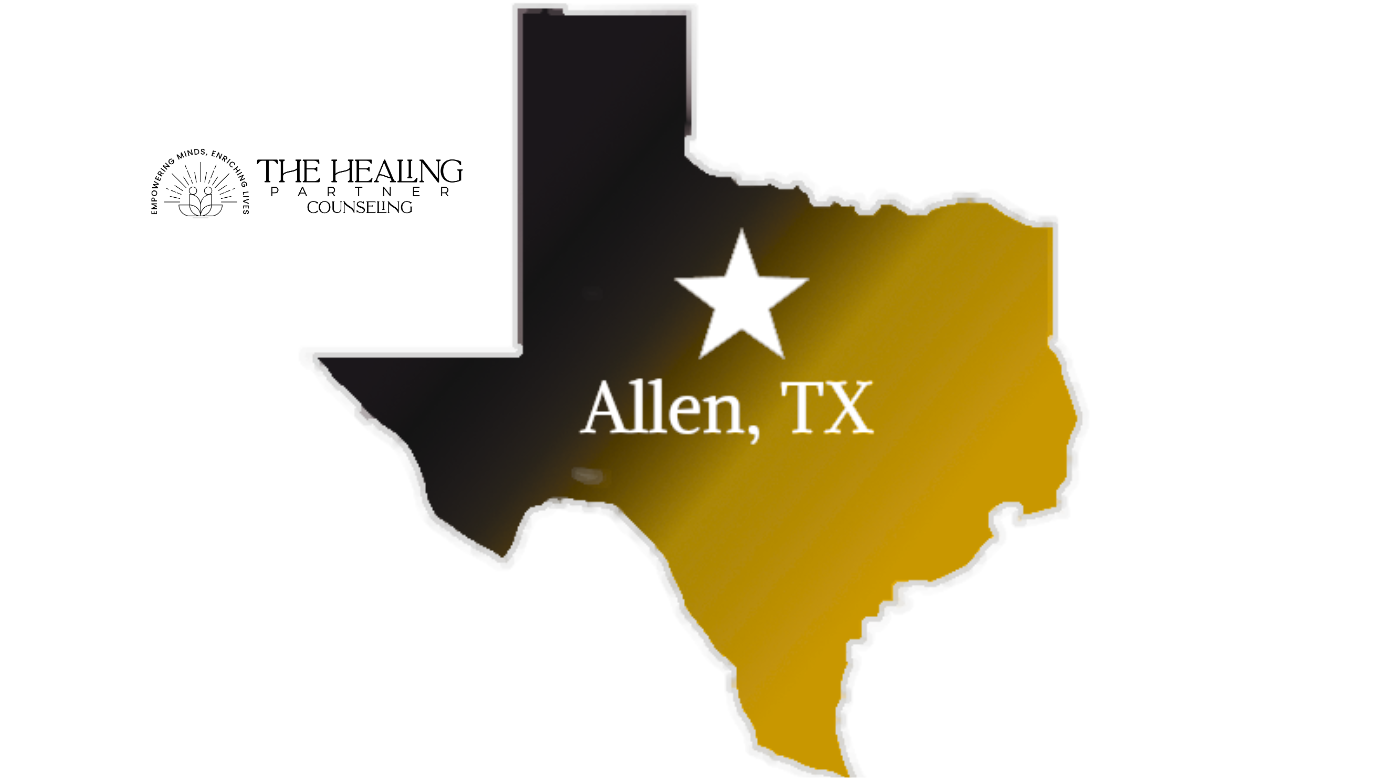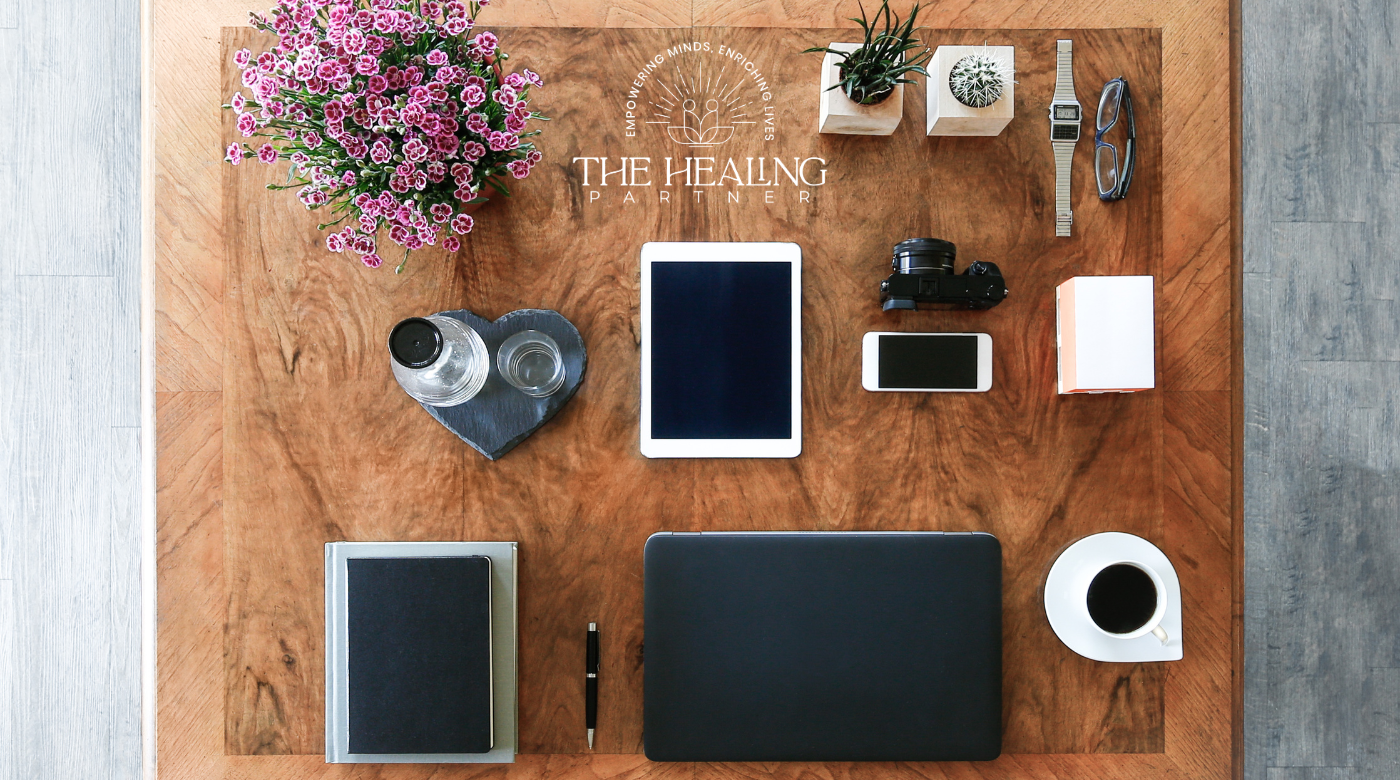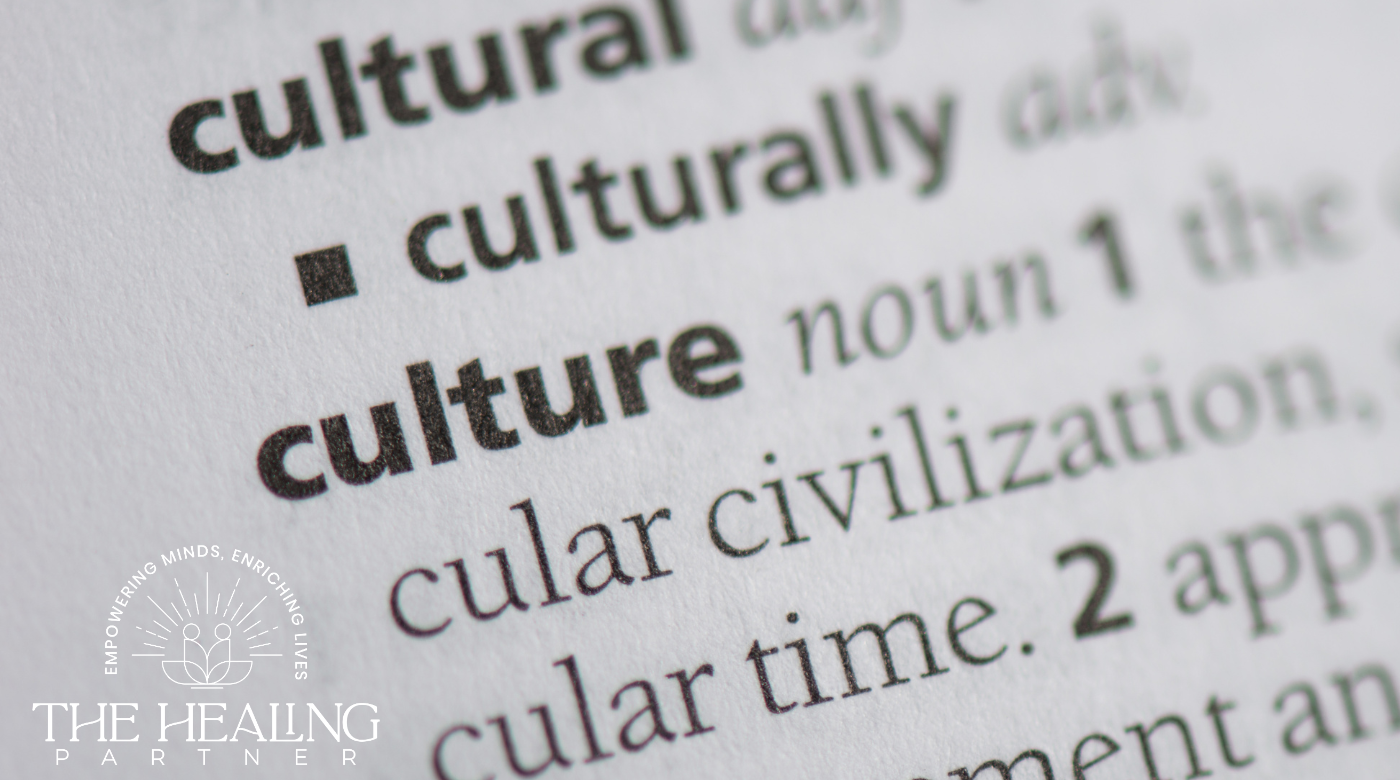Anxiety vs stress is term often used interchangeably, even though they describe different emotional experiences. This article explains the stress vs anxiety difference, outlines key signs, and offers strategies to manage both effectively. Understanding these distinctions can make it easier to identify what you’re feeling and take the right steps forward.
Understanding Anxiety and Stress
Stress and anxiety may seem similar, but they stem from different causes and affect the body and mind in unique ways.
Anxiety is a feeling of worry or unease that can occur without an immediate cause. It is marked by persistent dread or apprehension. In contrast, stress is usually a direct reaction to external pressures and tends to subside once the situation improves.
While stress can sometimes keep you alert and productive, anxiety may disrupt your daily life—even without a specific trigger. Recognizing the difference between anxiety vs stress is essential for choosing the most effective way to manage your mental health.
This article aims to pull back the curtain on these differences by presenting clear definitions and common experiences that can help you choose suitable coping methods.
Recognizing Signs and Symptoms of Stress and Anxiety
Both stress and anxiety show up with physical and mental signs. Being aware of these helps you take proactive steps when needed, even if some symptoms overlap.
- Physical Symptoms: Stress can cause muscle tension, headaches, or stomach problems. Anxiety may involve a racing heart, sweating, or shortness of breath even when at rest.
- Mental Signs: Stress might lead to irritability and trouble concentrating, whereas anxiety usually includes repetitive worry and fear about future events.
- Behavior Changes: Under stress, you might feel restless or experience sleeping difficulties. Anxiety often leads to avoiding situations that trigger discomfort.
Understanding these signs is really important for seeking the right type of support when necessary.
Causes and Triggers – Exploring the Stress vs Anxiety Difference
There isn’t just one cause for these conditions. Both stress and anxiety arise as responses to a mix of triggers, including personal events, work issues, or environmental factors, but their effects can be quite different.
What Triggers Stress?
Stress is normally triggered by a specific event such as a deadline, financial setback, or the loss of something significant. Once the event passes, the stress response typically eases.
What Triggers Anxiety?
Anxiety is less tied to a single incident. It may be rooted in long-standing concerns, genetic factors, or past experiences that continue to affect daily life. These internal factors can cause anxiety to persist even after the original trigger has faded.
Understanding these differences—the core of the stress vs anxiety difference—empowers you to take personalized, effective steps in addressing each condition.
Self-Care Strategies and Management Techniques for Stress and Anxiety
Managing stress and anxiety requires different methods. Some strategies can work for both, while others are more specific.
For stress, it helps to pinpoint the source and adopt practical solutions such as time management, setting clear boundaries, and delegating tasks. Writing down your thoughts or keeping a planner can also ease the overwhelming feeling that sometimes accompanies stress.
For anxiety, techniques such as mindfulness, relaxation exercises, and deep breathing often work well. Mindfulness helps you focus on the present instead of fixating on future worries. In some cases, professional guidance like therapy is a beneficial option.
Blending both types of strategies often improves overall mental health. A healthy lifestyle—including regular physical activity, nutritious eating, and proper sleep—plays a critical role in reducing the impact of stress and anxiety on daily life.
Practical Tips – How to Handle Daily Challenges of Anxiety and Stress
Here are some simple, practical steps to ease the daily challenges of stress and anxiety:
- Identify Triggers: Keep a journal to note when and where your feelings of stress or anxiety arise. Recognizing patterns can help you address the underlying issues.
- Create a Relaxation Routine: Include calming activities like reading, walking, or meditating. This routine can be tailored to help with both anxiety and stress.
- Focus on Breathing: Practice simple breathing exercises by counting slowly to four on both the inhale and exhale.
- Plan Your Day: Having a structured daily routine with time for work, breaks, and relaxation helps reduce overwhelm and provides predictability—especially helpful for managing the stress vs anxiety difference.
- Limit Your Load: Avoid taking on too many responsibilities. Saying no when needed is a valuable strategy to control stress and anxiety.
These steps have helped me maintain balance in everyday life, though individual needs may vary. If your symptoms become too intense, seeking professional advice is really important.
How to Distinguish Anxiety and Stress – Effective Techniques That Help
Understanding the stress vs anxiety difference helps you choose better strategies for each.
Mindfulness and Grounding for Anxiety: Practices like meditation can help manage the constant worry associated with anxiety by keeping your focus on the moment.
Structured Problem Solving for Stress: When stress is the primary issue, breaking problems into smaller, manageable steps can remove the sense of being overwhelmed by external pressures.
Build Social Support for Anxiety Relief: Reaching out to friends or joining support groups can be particularly beneficial if you’re dealing with anxiety, serving as a reminder that you are not alone.
Recognizing which techniques work best for anxiety vs stress can lead to more targeted and effective self-care. With the right mix of strategies, you can better manage both and feel more in control of your mental health.
Common Challenges in Managing Stress and Anxiety – And How to Overcome Them
Managing anxiety and stress comes with its own set of challenges. Being aware of these obstacles can help lessen their impact.
- Overthinking: Anxiety often triggers repetitive thought loops. I try to get involved in a calming activity whenever this happens.
- Perfectionism: Setting unrealistically high expectations can add unnecessary stress. Embracing mistakes as part of learning can help ease that pressure.
- Lack of Routine: An unstructured day can worsen both conditions, so maintaining a regular schedule often brings a sense of stability.
- Environmental Triggers: Crowded or noisy settings can elevate anxiety. Adjusting your surroundings or having strategies in place can help ease up these feelings.
By identifying and preparing for these challenges early, you can more effectively manage the ups and downs of anxiety vs stress when they arise.
Frequently Asked Questions – Understanding the Stress vs Anxiety Difference
Below are answers to common questions about stress and anxiety, offering insights based on both research and lived experience.
Question: What is the main difference between stress and anxiety?
Answer: Stress is a short-term reaction to a specific situation, while anxiety tends to last longer and may appear even without an obvious cause. Understanding this stress vs anxiety difference can help you take the right steps toward relief.
Question: When should I seek professional help?
Answer: If your symptoms interfere with daily activities, relationships, or work, it might be time to speak with a mental health professional.
Question: Can lifestyle changes really reduce both stress and anxiety?
Answer: Yes. Regular exercise, proper nutrition, quality sleep, and mindfulness practices can significantly ease the symptoms of both stress and anxiety.
Question: How can I manage anxiety without medication?
Answer: Non-medication options include mindfulness, deep breathing, regular physical activity, and keeping a structured daily routine. These approaches help many people manage anxiety effectively.
Wrapping Up
Looking for relief from anxiety and stress? While stress may come and go, anxiety can feel like a constant weight on your shoulders. But there is hope—you don’t have to face it alone.
As a compassionate therapist who specializes in treating stress and anxiety, I provide a warm, accepting space where we can work together to create practical, personalized strategies that suit your lifestyle.
When you’re ready, I’m here to support you. Let’s begin your journey toward emotional wellness.
Book your free consultation today at thehealingpartnercounseling.com







